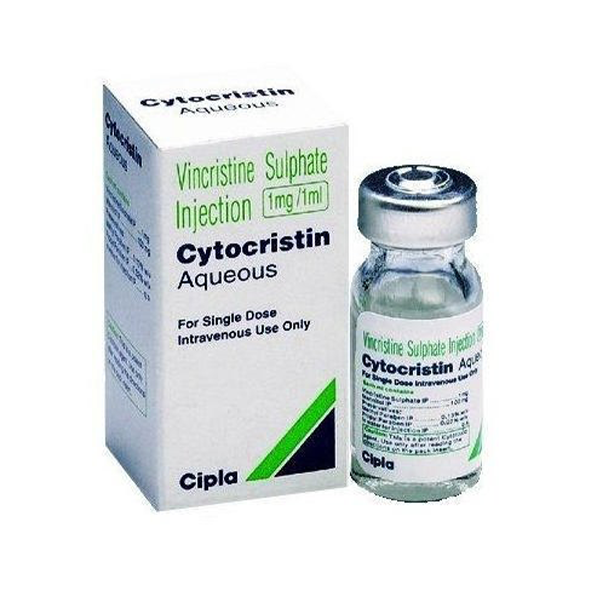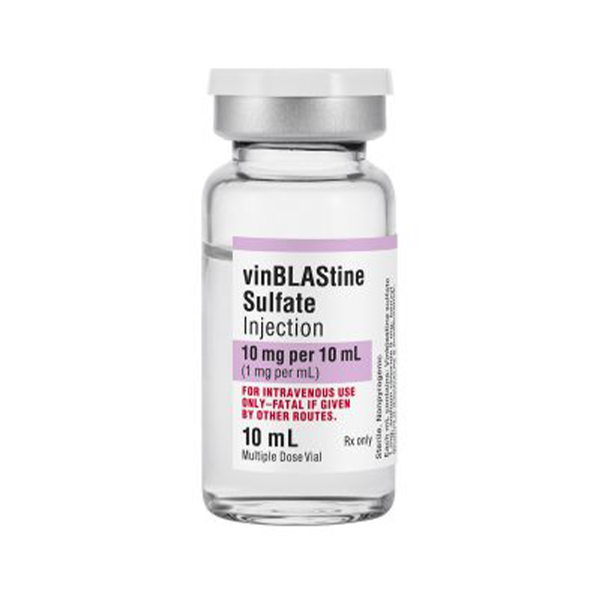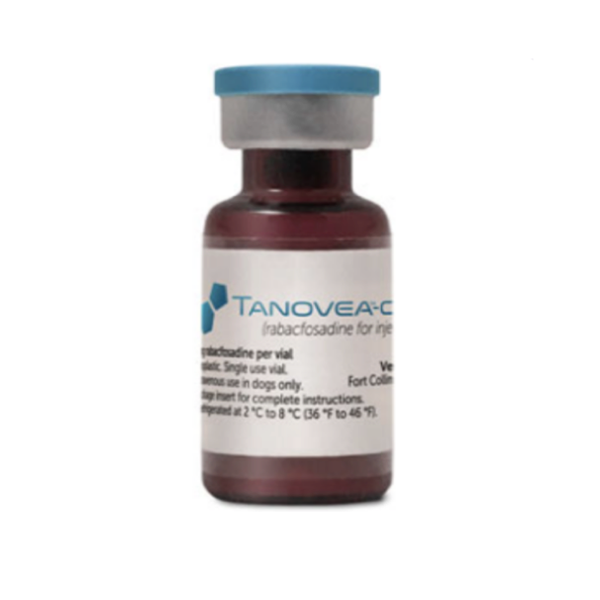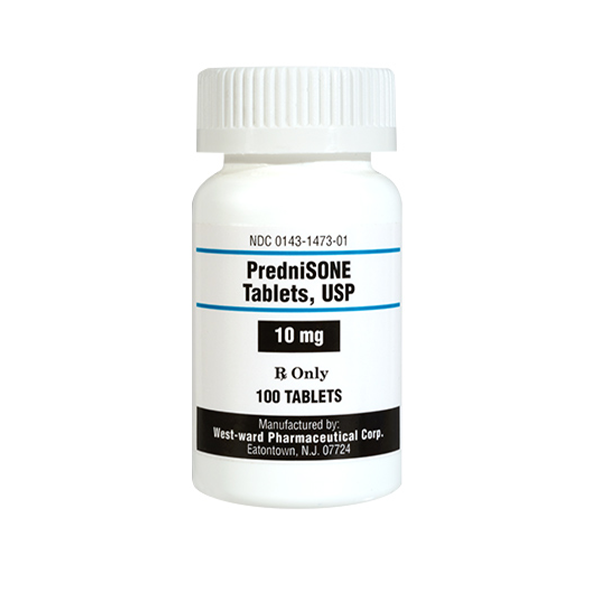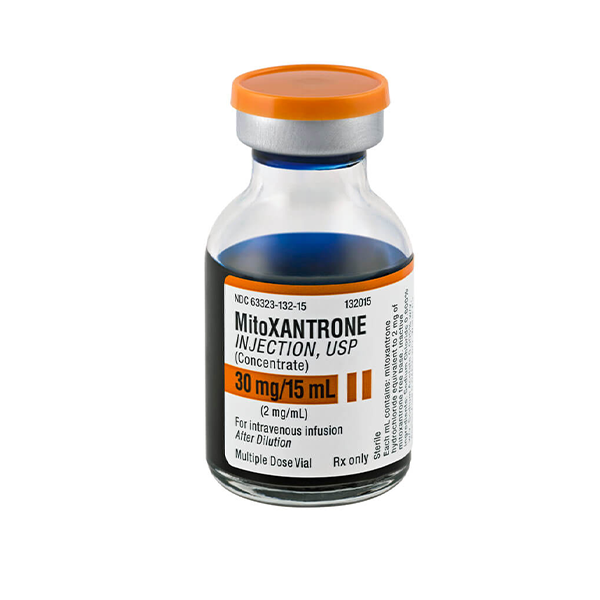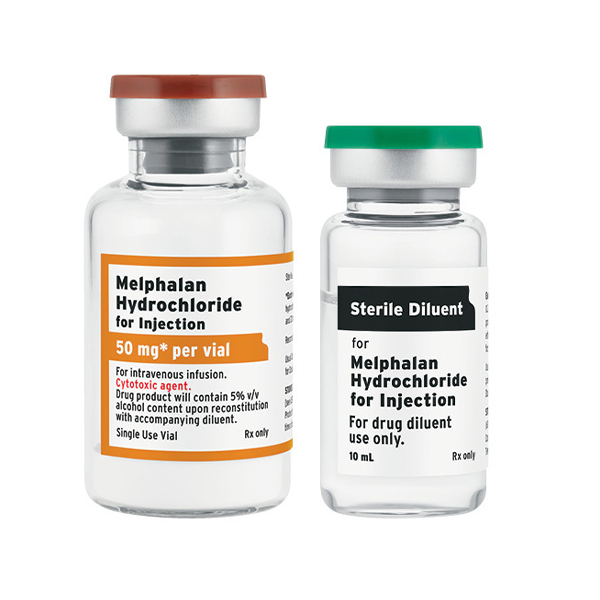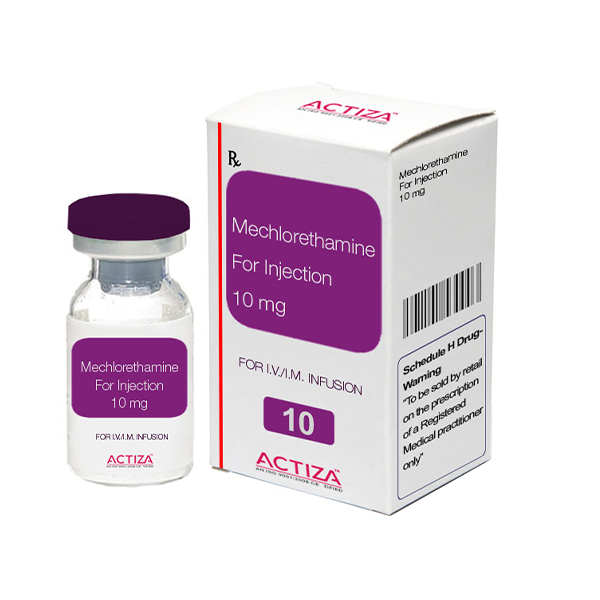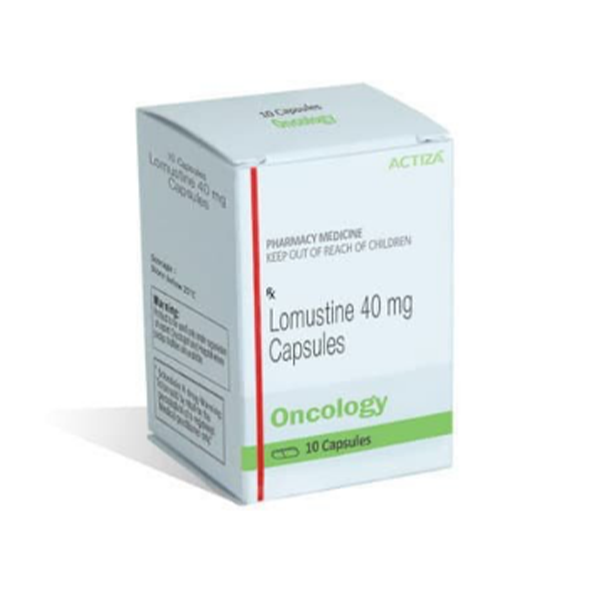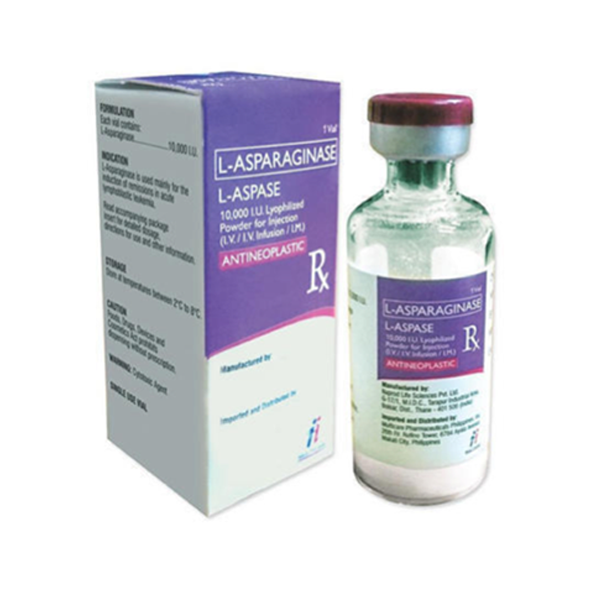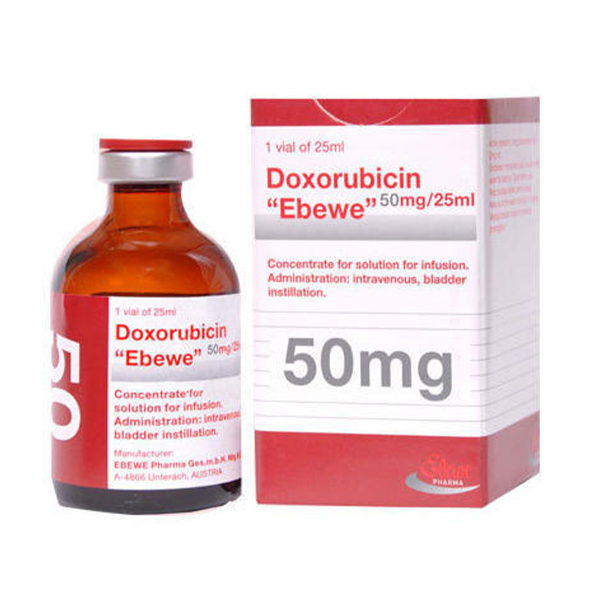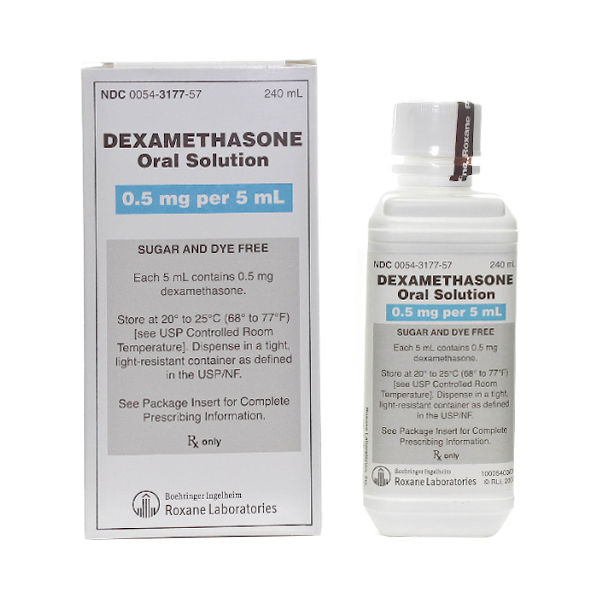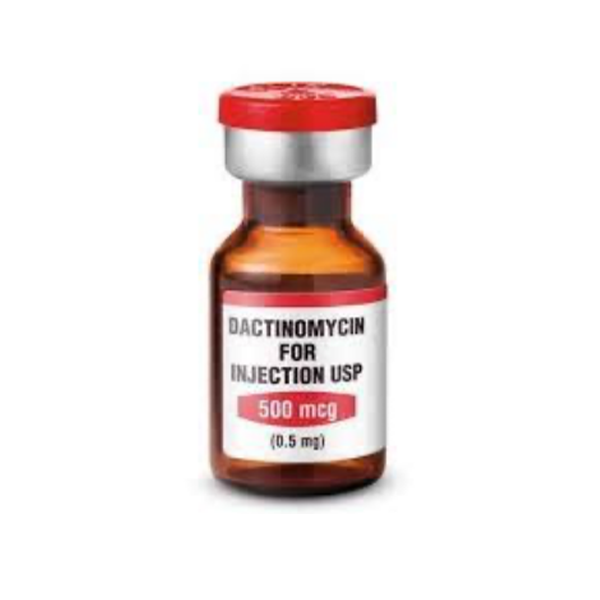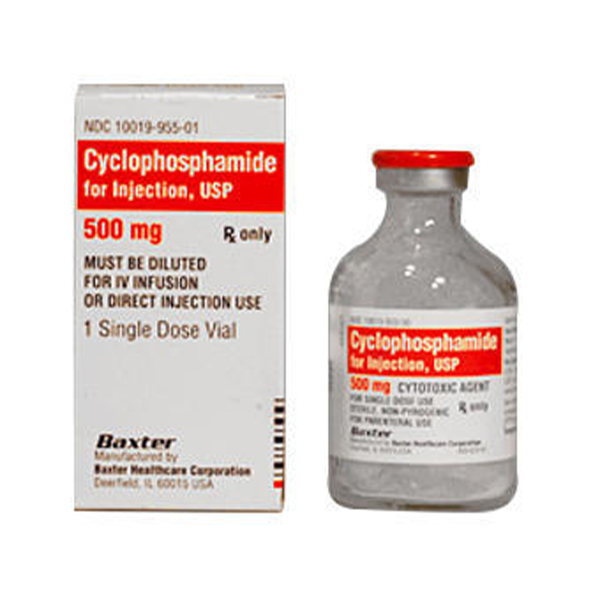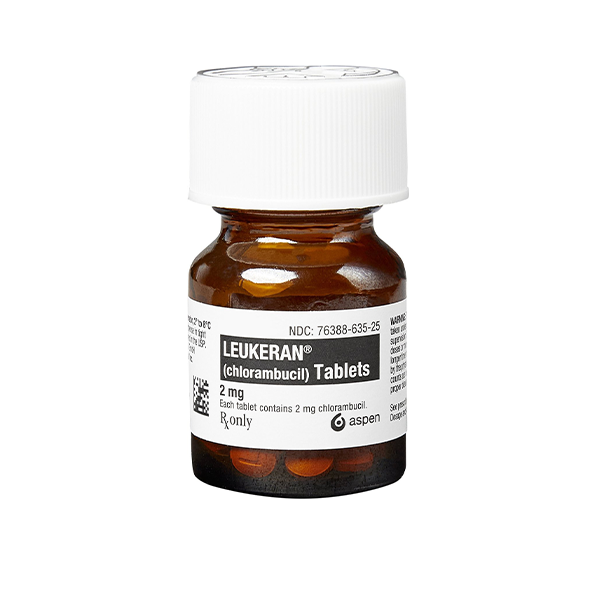Prednisone
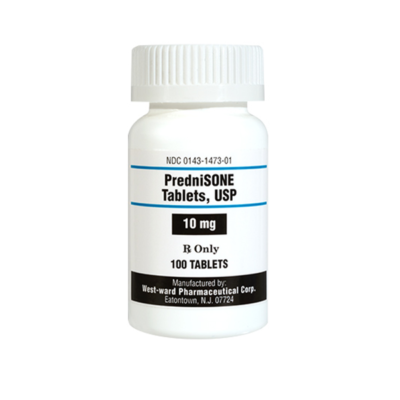
BRAND
Deltasone®, Liquid Pred®, Meticorten®, Orasone®
DRUG TYPE
Prescription steroid drug
CONDITIONS TREATED
Allergies, inflammation, autoimmune disease and certain forms of cancer
ADMINISTRATION
Tablet or liquid solution
CYCLES OF TREATMENT
Depends on the breed and condition(s)
LENGTH OF TREATMENT
Depends on the treatment
What is prednisone?
Prednisone is a synthetic corticosteroid which imitates the actions of cortisol, a natural steroid hormone that is secreted daily in the body. This drug effectively inhibits the secretion of inflammatory substances such as prostaglandins.1 Synthetic corticosteroids such as prednisolone (the active form of prednisone), cortisone and hydrocortisone are used to treat allergies, inflammation, autoimmune disease and certain forms of cancer.2
How does it work?
Corticosteroids are hormones naturally produced by the adrenal gland which sits above the kidney. Similar to humans, the most prevalent form of secreted corticosteroid is cortisol which is often referred to as a “stress hormone”. Although its secretion is increased significantly during stress, it is also an important and vital regulator of daily metabolic cycles governing the use and storage of carbohydrates, protein and fats. Corticosteroids also influence the body’s fluid and electrolyte levels and can participate in reducing the effects of inflammation.3 For example, these steroids prevent infection-fighting white blood cells from traveling to an inflamed area and exacerbating local swelling. Although the reduction in swelling is a positive effect, your dog may be more prone to infection while taking steroids. The anti-inflammatory properties of corticosteroids are also used to decrease swelling around tumors in the spine, brain, or bone which alleviates tumor pressure on nerve endings and relieves pain caused by the pressing tumor. This drug also works by altering the body’s normal immune system responses. Since cancerous growths involve some of the same components as immune cell flare ups, prednisone’s ability to suppress the body’s immune system helps to slow down the spread and reproduction of cancer cells.4
What is prednisone used for?
A low dose of prednisone reduces inflammation and allergic reactions while providing mild pain relief; whereas, a high dose suppresses the immune system and is used to treat autoimmune disease. It is also used for palliative care in dogs with cancer and helps to slow metastasis and stimulate red blood cell production while restoring appetite.2 Prednisone is used to treat the following ailments:5
- Allergic disorders
- Skin conditions
- Ulcerative colitis
- Arthritis
- Lupus
- Skin diseases such as psoriasis or dermatitis
- Breathing disorders such as asthma
- Addison’s disease
- Lymphoma
How is prednisone administered?
It is important to follow your vet’s instructions for dose and administration schedule closely since this allows the drug to achieve its highest level of effectiveness.4
- Prednisone is most often given orally as a chewable tablet or a capsule.
- The dose for basic anti-inflammatory effects and allergic reactions is low (0.01 to 0.03 mg/lb/dose). For treatment of autoimmune disease or cancer, a higher dose (1 to 3 mg/lb/dose) given three times daily is recommended.
- Although liquid suspensions and an injectable form are available, the dosage rate for these delivery modes is more subjective.
- Dosage rates depend on your dog’s disease, age, weight and other factors.
Prednisone and its active form are members of the cortisone family. Their excessive use in both pets and people has given them a bad reputation over the years, but if used cautiously and strategically, they are an effective treatment choice, especially for cancer. Cancer is often extremely aggressive and in order to get an edge on cancer progression while attempting to promote longevity and quality of life in our pets, a broad range of tools must be employed.6 Prednisone should only be used for a specific period of time.
Before using prednisone:
Tell your veterinarian if any of the following are true:7
- Your pet is allergic to prednisone, any other medications, or any of the inactive ingredients in prednisone tablets or solutions.
- Your pet is taking or plans to take prescription and nonprescription medications, vitamins, or nutritional supplements.
- Your pet has or has ever had threadworms, diabetes, high blood pressure, osteoporosis, seizures, fungal infections, ulcers, liver, kidney, intestinal, heart, or thyroid disease. Since liver metabolizes prednisone to prednisolone, the latter form may be prescribed if your pet has liver disease.
- If your pet is having surgery, including dental surgery, or needs emergency medical treatment, be sure to tell the veterinarian that your dog is currently taking or has recently stopped taking prednisone.
- Let your veterinarian know if your pet has received any previous treatments such as X-rays, other chemotherapy medications, or has ever had kidney or liver disease.
While using prednisone
- Do not give your pet aspirin, non-steroidal anti-inflammatory drugs (NSAIDs), or products containing aspirin.
- Do not start, stop, or change the dosage of any medicines without your veterinarian’s approval.
- Do not stop using the drug abruptly. This can lead to withdrawal symptoms such as vomiting and joint pain.
- Since estrogen may increase the effects of prednisone, inform your veterinarian if your pet is nursing, pregnant or may be pregnant prior to starting this treatment.
- Vaccinations and immunizations are not as effective during prednisone treatment and should be avoided while taking this drug.
- Prednisone also increases insulin requirements which disturbs carbohydrate metabolism.8 Ask your veterinarian for advice on your dog’s dietary needs.
Side Effects & Overdose
Contact your veterinarian immediately if your pet experiences any of the following symptoms:9
Short-term side effects
Short-term use of prednisone or prednisolone does not usually result in serious side effects; however, even a few doses of these medications may result in the following:
- Increased thirst
- Increased urination
- Increased appetite
- Panting
Long-term side effects
Prednisone or prednisolone administered at high doses or for long periods of time significantly increases the risk of experiencing the following reactions:9
- Severe allergic reactions
- Altered behavior such as aggression
- Immune suppression and increased risk of infection
- Inhibited growth in young dogs
- Vomiting and/or diarrhea
- GI tract ulcers
- Muscle wasting and increased muscle weakness
- Lethargy
- Delayed healing
Long-term use of these steroids increases the risk of adverse reactions that may lead to more serious health conditions such as Addison’s disease (adrenal insufficiency), Cushing’s disease, heart problems, obesity, and/or diabetes.10 Excessive use can also cause prednisone to interfere with the function of your dog’s own adrenal glands and immune system. Do not stop administering this steroid abruptly. Consult your veterinarian for a schedule that would allow a slow weaning off of the drug as appropriate for your dog’s condition.
In case of overdose
If there has been an accidental overdose, go to your nearest veterinarian as soon as possible. Symptoms of a prednisone overdose can include:5
- Increased, heavy panting
- Intense itching
- Seizures
- Deafness
- Excessive vomiting and diarrhea
- Excessive thirst
- High blood pressure
- Increased heart rate
- Muscle weakness
- Lethargy
- Fever
It is common for dogs to be on other medications that may adversely react with prednisone so it is important to inform your vet about all medications or supplements that you give to your pet. Prednisone and prednisolone can both result in harmful reactions with the medications listed below:8
- NSAIDs such as Metacam and Aspirin
- Other steroid medications
- Insulin
- Diuretics
- Mitotane
- Digoxin
- Ketoconazole
- Phenobarbital
When prednisone is used with drugs that act as diuretics such as Amphotericin B, your dog may suffer from electrolyte imbalance due to the loss of calcium and potassium. It is important that your pet’s potassium level be carefully monitored if taking more than one diuretic drug.8
Interference with chemotherapy
Although prednisone is often included in a multidrug therapy protocol (MDT), DO NOT use this steroid too soon, especially during the diagnosis of canine lymphoma. Prednisone actually kills lymphoma cells and is prescribed as part of most lymphoma treatment protocols; however, this drug should only be used AFTER your oncologist has confirmed your dog’s diagnosis.11 The reasons for waiting before using prednisone are as follows:12
- Complicates diagnostics and interferes with chemotherapy treatments
- Reduces accuracy of chest X-rays and abdominal ultrasounds if the tumor has been temporarily shrunk in response to prednisone
- Compromises the detection of metastatic growths on the liver or spleen and prevents accurate staging of cancer progression
- Decreases accuracy of identifying whether the lymphoma originates as a B- or a T-cell tumor
- Selection of a chemotherapeutic protocol becomes more difficult
- Triggers a multi-drug resistance mechanism in cancer cells
Because of these side effects, you may ask for alternatives to the medicine. There are other corticosteroids such as dexamethasone or triamcinolone, but be sure to consult with your veterinarian before making a change in the medication.
- Provide plenty of clean, fresh water (2-3 quarts per day).
- Take your dog out to urinate more often.
- Do not allow the dog to overeat. Provide small amounts of food more often.
- Show your dog lots of affection to ward off possible mood changes.
- Take your dog for more outings and walks.
- Administer this medication with food.


